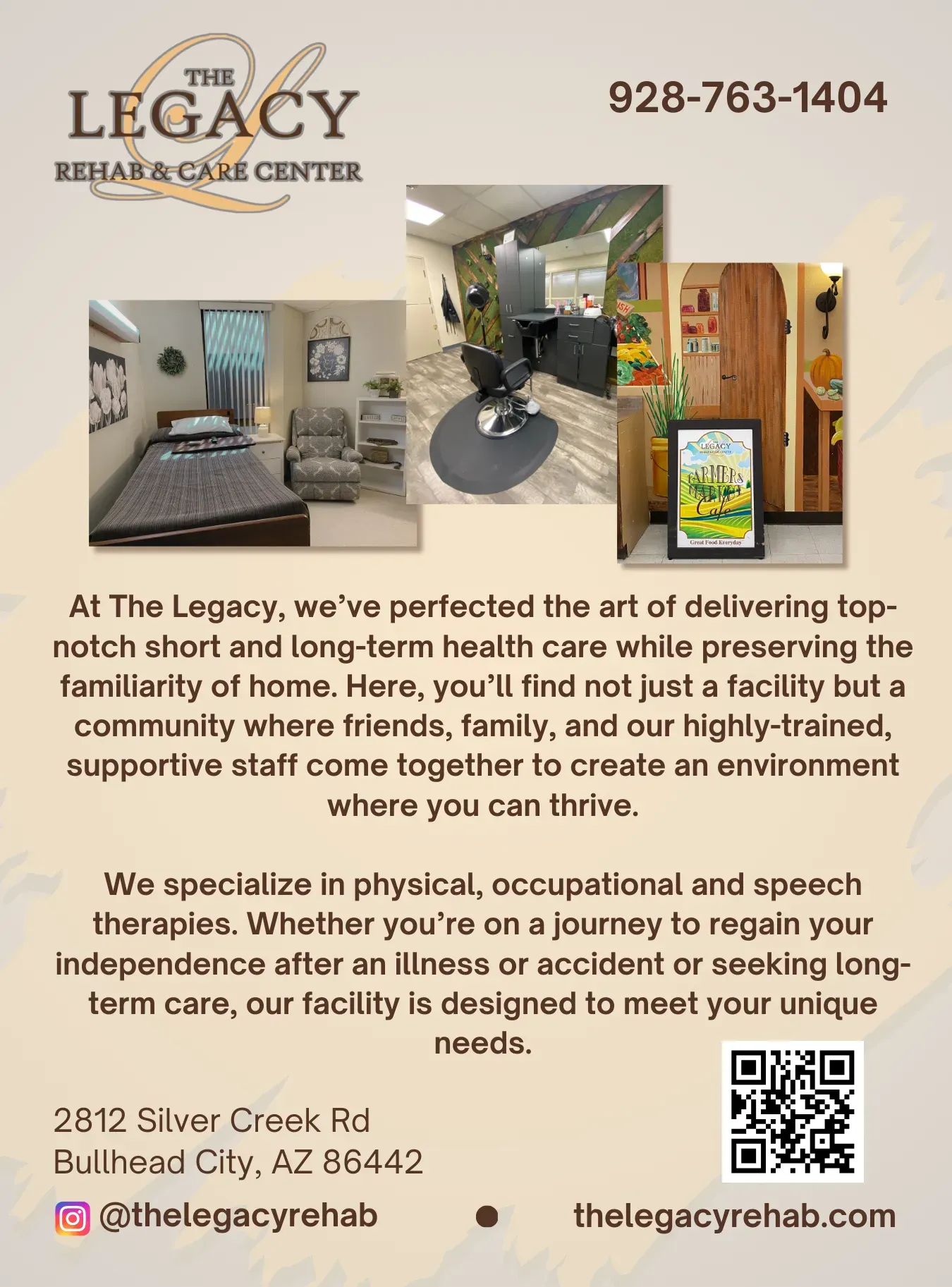NATION – Nutrition, fitness and wellness are areas where myths run rampant.
As Rachel Vreeman, M.D., the author of the book Don’t Swallow Your Gum: Myths, Half-Truths, and Outright Lies About Your Body and Health, explains, “It’s an area where the science can seem confusing. One day you hear coffee is good for you; one day that it’s bad for you. People feel science is going back and forth, so you stop believing anything you hear.”
Scientists are always going to be retesting theories and making new discoveries; that’s the nature of science. But if we had the time to read news-making studies, we’d often learn that differing points of view aren’t always mutually exclusive. Headlines are by necessity reductive. A passing tweet isn’t going to give you the whole story.
We asked some experts to share their thoughts on the most widely believed untruths and misunderstandings about wellness:
1. Eating fat makes you fat. In fact, fat (in moderation) is necessary for health. Excess weight is more a matter of taking in more calories than you expend. “There’s no proof that eating a moderate-fat diet causes weight gain; in fact, fat offers flavor and satiety in the diet to make you feel more full. You should include moderate amounts of healthy fats – olives, nuts, avocados, olive oil – in your diet every day,” said Sharon Palmer, R.D., author of The Plant-Powered Diet.
2. Carbs make you fat. In fact, not all carbohydrates are created equal. A chocolate cupcake and a banana both contain carbs, but one also has necessary nutrients and healthy fiber (hint: it’s the yellow one). The pro-and anti-carb battle has been raging for decades, but there’s no doubt that your body needs carbs in order to process energy. “Try to choose carb-rich foods that are minimally processed and high in fiber, such as whole grains, legumes, fruits, and vegetables,” says Palmer.
3. If you’re skinny, you’re healthy. In fact, people store fat differently, and mere thinness is not an accurate measure of health. Even if you’re naturally slim, you still need to exercise and see your doctor regularly. An article in JAMATrusted Source recently reported that while obesity brings a higher risk of death, being thin also has a higher mortality risk than being slightly overweight, according to one study. Some researchers hypothesize that this might be due in part to some thinner people not monitoring their health as carefully.
4. If you want to lose weight, go on a diet. In fact, according to a comprehensive review of 31 long-term diet studies conducted by UCLA in 2007, “diets do not lead to sustained weight loss or health benefits for the majority of people.” According to the report’s lead author, Traci Mann, “Eating in moderation is a good idea for everybody, and so is regular exercise, which may well be the key factor leading to sustained weight loss.”
5. People with darker skin don’t need sunscreen. In fact, research has shown that people with naturally darker skin tend to be diagnosed at a more advanced stage of skin cancer and have lower chances of survival than Caucasians. In a recent report on the matter, Diane Jackson-Richards, M.D., director of Henry Ford’s Multicultural Dermatology Clinic in Detroit, said, “We need to intensify our awareness efforts for minorities so they fully understand the dangers of sun exposure and what they can do to reduce their risk of skin cancer.”
6. A calorie is a calorie. In fact, 200 calories worth of soda and 200 calories worth of carrots behave very differently in the body. According to Toni Sicola, a health and wellness professional and integrative nutrition expert, “The fatal flaw in this age-old claim is the application of [the law of] thermodynamics to the body. We need to look at biochemistry and physiology to understand the body, not physics.”
7. We need eight glasses of water a day. In fact, according to Heinz Valtin, a retired professor of physiology from Dartmouth Medical School who specialized in kidney research and spent 45 years studying the biological system that keeps the water in our bodies in balance, we should drink water with meals and when we feel thirsty (although a doctor may recommend more or less water for a specific patient). Dietitian Cara Rosenbloom explains, “A better test is to simply pay attention to the color of your urine. It should be clear or the color of lemonade. If it’s darker, drink more.”
8. I have perfect vision, so I don’t need to have my eyes checked. In fact, one eye could be overcompensating for an undiagnosed vision problem in the other, or you could be suffering from a quiet eye disease such as glaucoma, according to Anne Russell a spokesperson for the California Optometric Association. “Early diagnosis and treatment of eye and vision problems are important for maintaining good vision and eye health,” she said. “Optometrists can also detect health issues like diabetes through a comprehensive eye exam.”
And Russell has one more myth to debunk: “Spinach is actually a better food choice than carrots when it comes to protecting the eyes and vision,” she said. “It contains lutein and zeaxanthin – two key nutrients that help protect against aging eye diseases.”








